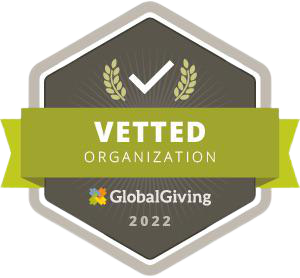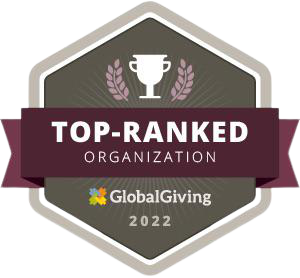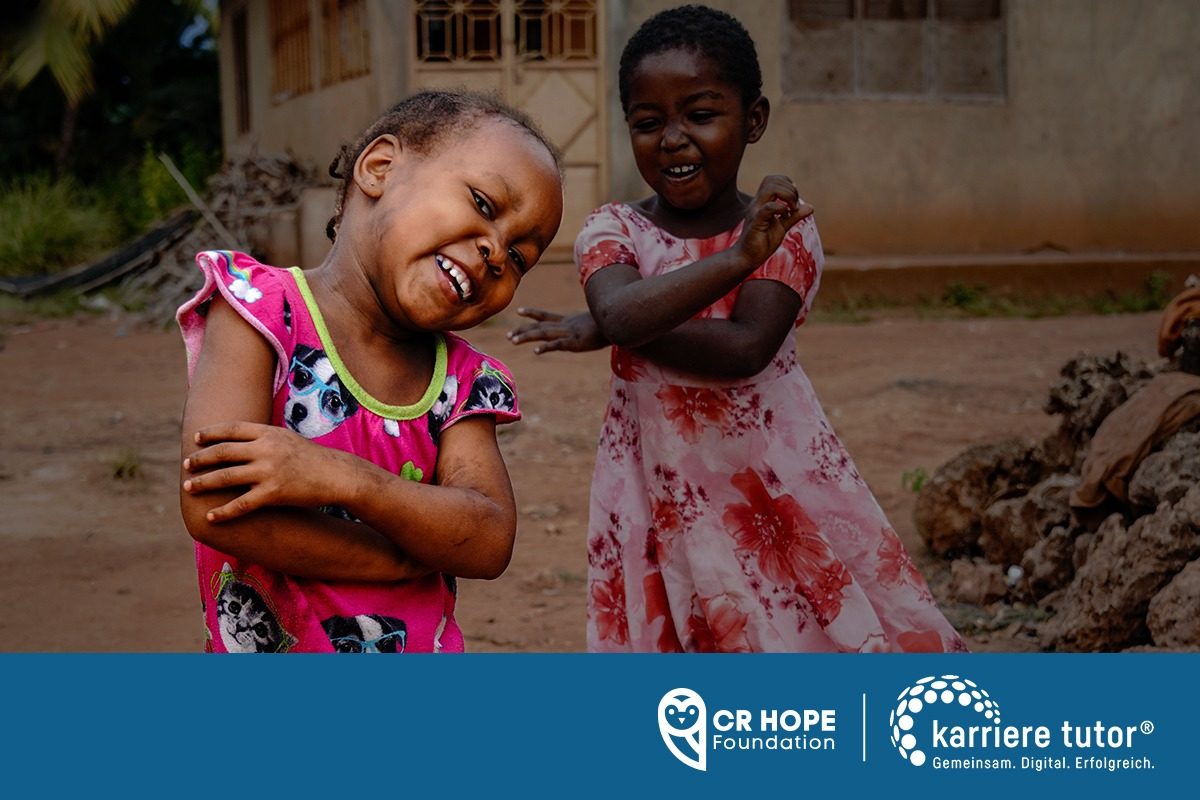
Going Digital: The State of Ed-Tech in Tanzania
The digitization of education has long been a much-discussed topic the world over. Developed and implemented correctly, it promises massive gains in students’ appreciation of the material, more equitable access to good-quality education, higher efficiency, and higher levels of involvement and motivation from both the students and the teachers. Sounds like a panacea, does not it?
Unfortunately, not everything seems to be this simple in practice. While ed-tech looks like an obvious solution to some, skeptics doubt its universality and call for a more detailed approach that would take local culture, infrastructure, teaching practices, and other factors into account. We at CR HOPE Foundation certainly believe in the benefits technology could bring – and we have proof: one of our partners, karriere , is doing a great job in the sector of remote adult learning and online training! However, karriere tutor® and we also understand that such innovations are valuable only when put into context, hence this short overview of the state of digitization in Tanzanian education.
First of all, it is important to recognize the scale of the progress that has been achieved in the country over the past few years. In 2018, 74 percent of heads of households were literate, and extreme poverty has been in a rapid decline ever since 2011. This is of immense importance as the more literate the household is, the higher the probability of demand for child education in such a family, including an interest in digital learning. Moreover, 79 percent of the country’s population now has access to a mobile phone – a great step towards the wider inclusion of rural communities into large-scale networks. Nevertheless, these devices are often devalued in the absence of Internet connectivity – less than half of Tanzanians can access it on a constant basis, which in turn limits the opportunities for remote and gadget-assisted learning. This means that infrastructure and hardware play a crucial role if we are interested in equitable distribution of the fruits of digitized education.
Thankfully, this need is recognized, and relevant steps are already underway from both the government side and numerous NGOs. For example, speaking at an education stakeholders’ forum in Dar es Salaam last year, Permanent Secretary for the Ministry of Education, Science and Technology Dr. Leonard Akwilapo, emphasized the government’s commitment to Tanzania’s education system. In particular, he stressed the government’s plans to both increase access to and improve the quality of secondary education across the country. Notably, Dr. Akwilapo highlighted how the project will place an emphasis on digital technology.
Tigo Tanzania, a local telecom firm, has been taking an active role in the field since 2015. By August 2020, Tigo has provided over 64,000 students with free internet access across Tanzania. Moreover, the company works in partnership with Apps and Girls to help young girls and women gain and develop skills in technology to bridge the tech gender gap in the country. The partnership has supported Apps and Girls’ interventions in schools and the community where more than 3,000 girls have been impacted.
Another ambitious initiative in the field focusing on providing secondary-school students with hands-on skills with the help of technology is Quest Forward Learning. Every student enrolled in the program can access the curriculum content available through quests. Students can complete quests in or out of the classroom, at their own time and pace, individually or in collaboration with peers. They are free to interact with their mentors for feedback, individualized guidance, or assistance. Quests incorporate diverse digital resources like videos and authentic websites to cater to individual learning differences and needs. Such an approach has proved effective, especially for those students struggling to catch up with the instructors at school and thus requiring a bit more time to absorb the material.
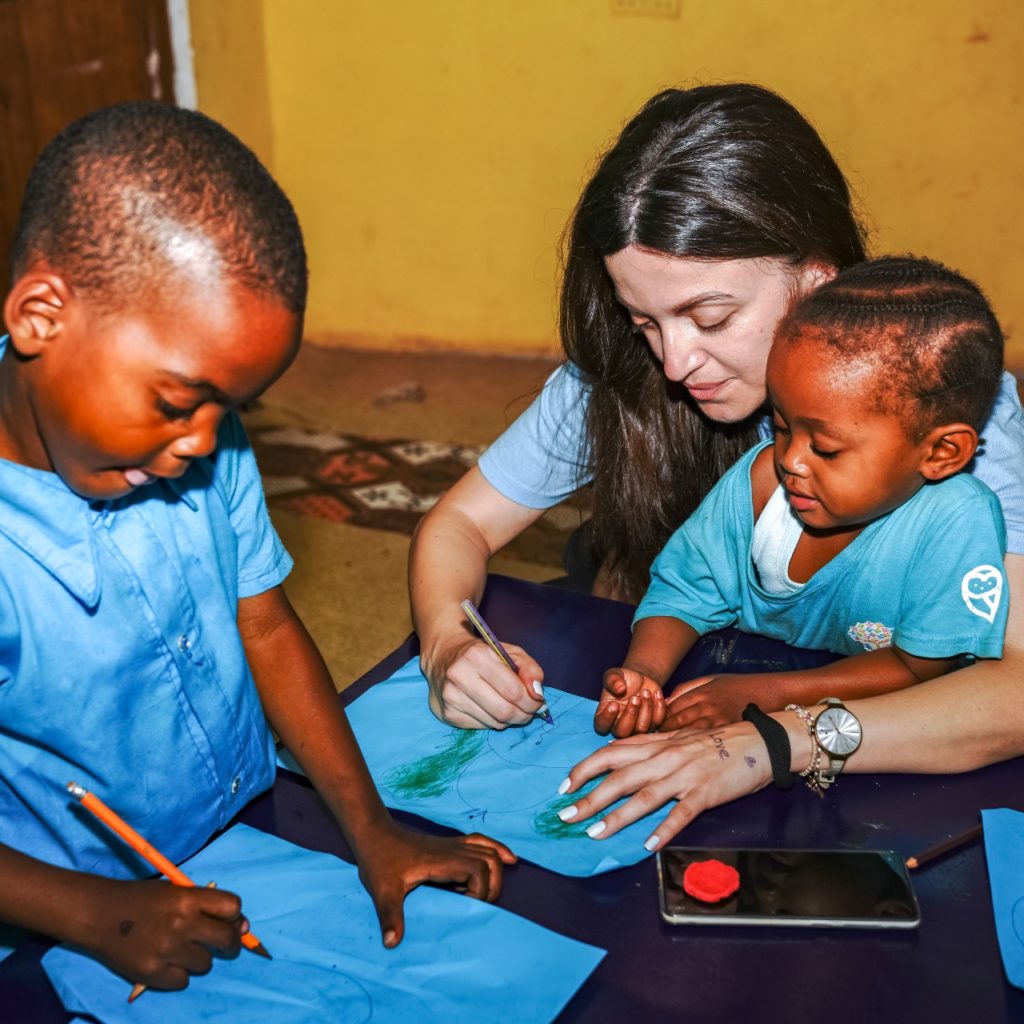
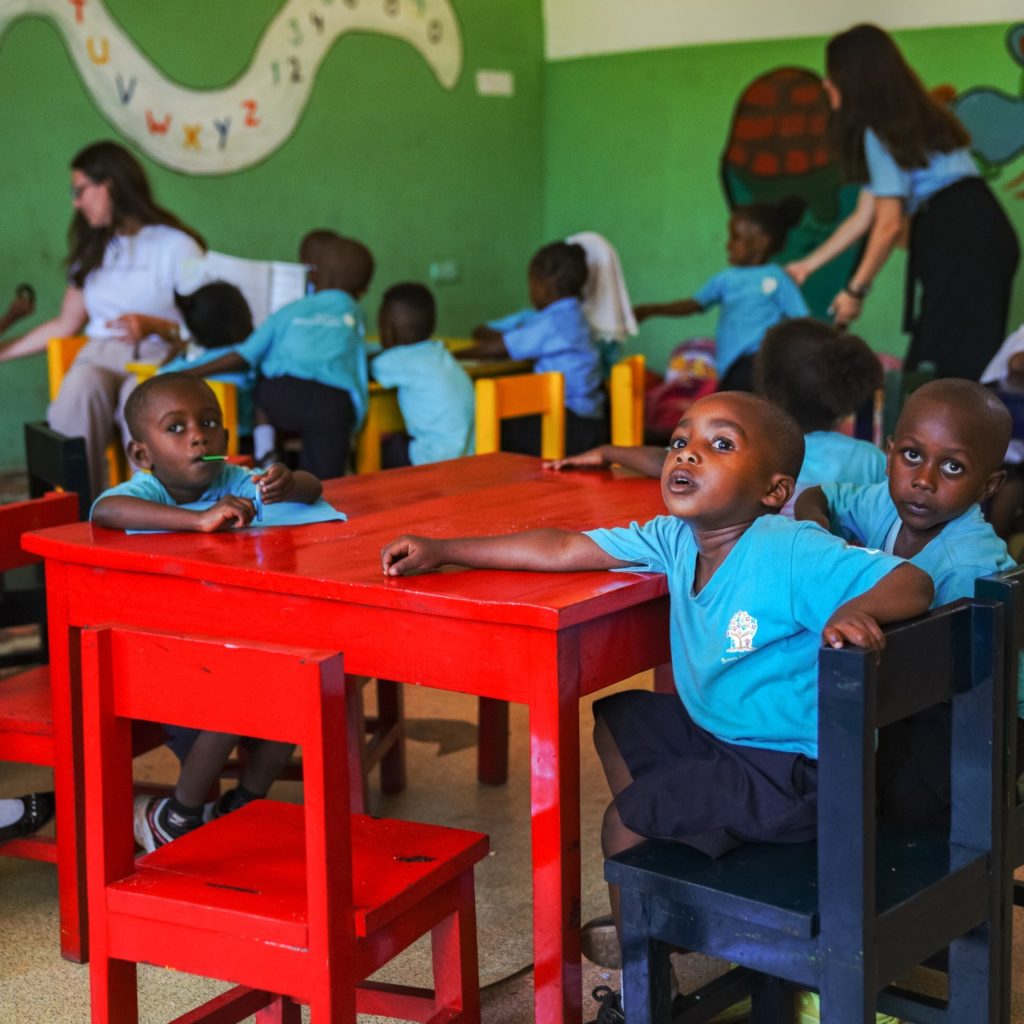
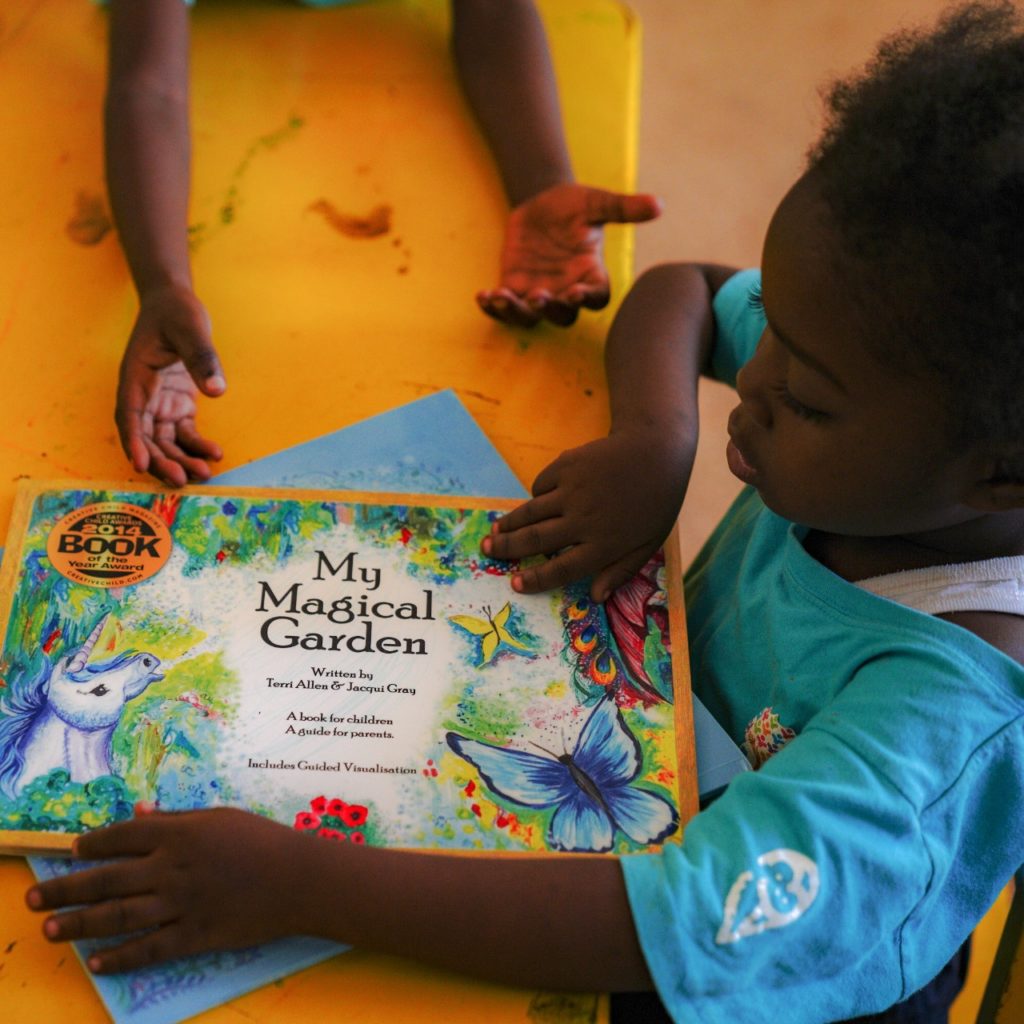
The great news is that secondary education is not the only sphere affected by innovations. For example, the Ubongo Kids app combines entertaining and educational content to create engaging cartoons for younger children. Moreover, it allows parents to filter and supervise the content and has entered partnerships with local telecom operators to ensure access even without an internet package – a crucial feature for underprivileged communities, giving way to more equitable digitization practices.
Overall, it seems like, despite certain obstacles, we are moving in the right direction. Apart from child education, a large number of initiatives is concerned with providing adults with the necessary skills to adapt to the fast-changing world and work environment – something karriere tutor®, our esteemed partner, is focusing their efforts on. Up to date, the company has successfully trained over 10,000 professionals and equipped them for a career advance of their choice. In the future, karriere tutor® is hoping to contribute to the progress in this area in Zanzibar and Tanzania as well.
The covid-19 pandemic has shown us all how important adaptability and rapid crisis management are in the modern world. Many educational systems were not ready to maintain their efficiency given such a strong and unpredictable hit. However, we are optimistic – the lessons we learnt from this unprecedented global calamity are absolutely essential to continue going forward and promoting equitable digitized education in Tanzania and beyond!
WAYS TO GET INVOLVED
Recent Posts

A Tribute to an Unsung Hero
A Tribute to an Unsung Hero. A tribute to William Fraser, a true inspirational leader and a shining example of the positive impact one person can have on
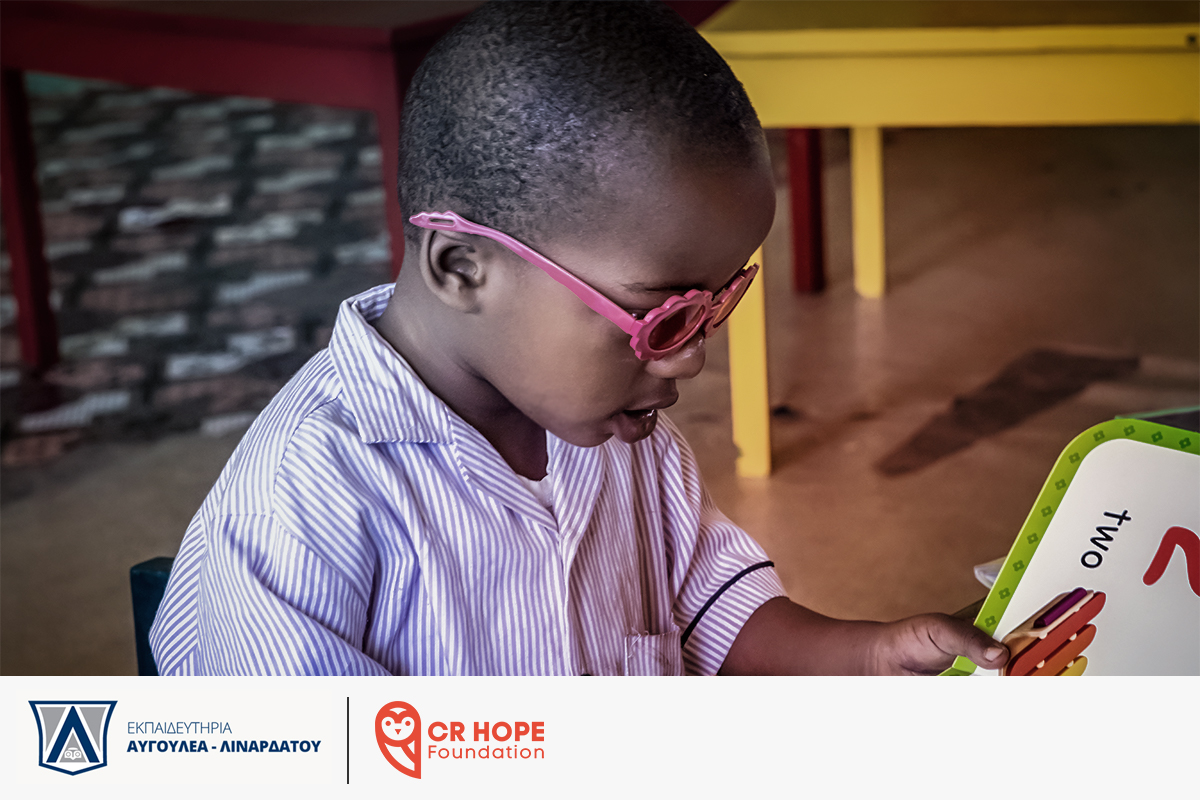
CR Hope Foundation School adds Educational Robotics Classes
In an exciting addition to its fast-growing range of student courses, the CR Hope Foundation’s Seeds of Light charity school in Kizimkazi, Zanzibar, has
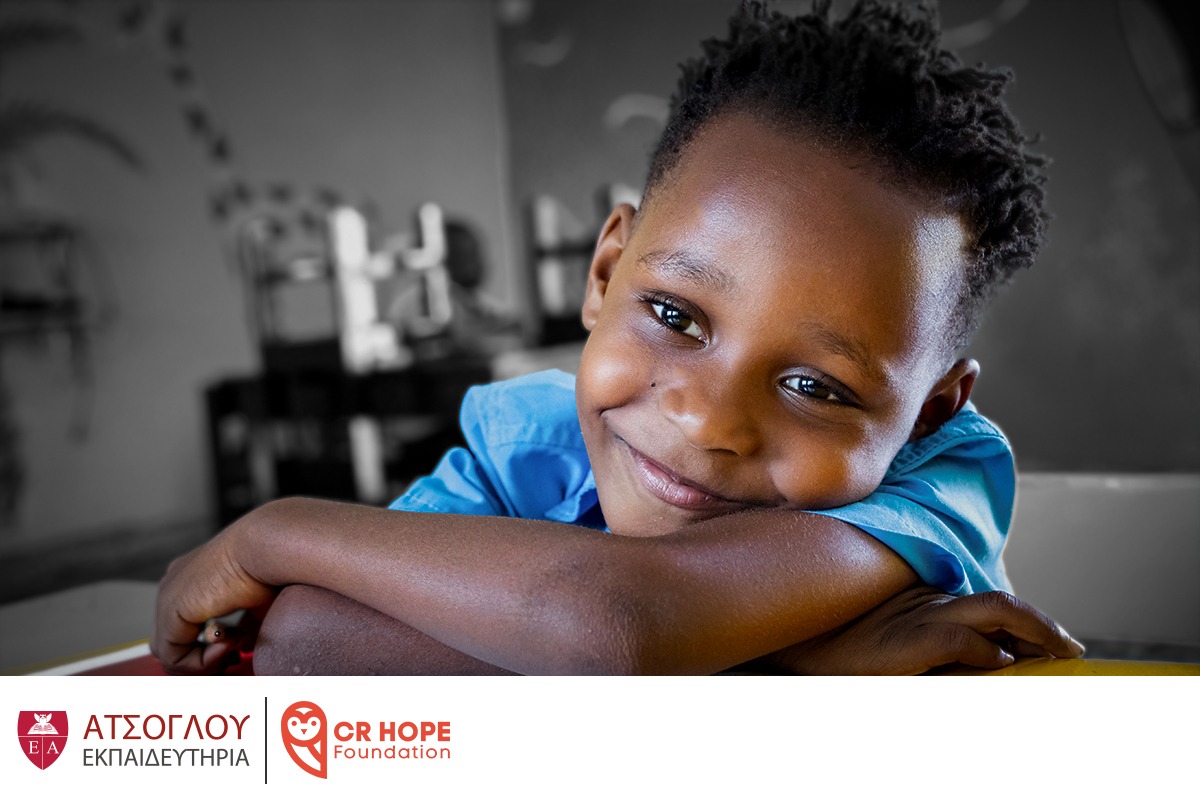
Doing More Together: CR HOPE Foundation Welcomes Atsoglou School as a New Partner
CR HOPE Foundation is delighted to announce a new partnership with Atsoglou School – an inspiring educational institution in Greece focusing on teaching its
GET IN TOUCH
- P.O. Box 4661, Kizimkazi. Mkunguni, Zanzibar, Tanzania
Privacy Overview
| Cookie | Duration | Description |
|---|---|---|
| cookielawinfo-checbox-analytics | 11 months | This cookie is set by GDPR Cookie Consent plugin. The cookie is used to store the user consent for the cookies in the category "Analytics". |
| cookielawinfo-checbox-functional | 11 months | The cookie is set by GDPR cookie consent to record the user consent for the cookies in the category "Functional". |
| cookielawinfo-checbox-others | 11 months | This cookie is set by GDPR Cookie Consent plugin. The cookie is used to store the user consent for the cookies in the category "Other. |
| cookielawinfo-checkbox-necessary | 11 months | This cookie is set by GDPR Cookie Consent plugin. The cookies is used to store the user consent for the cookies in the category "Necessary". |
| cookielawinfo-checkbox-performance | 11 months | This cookie is set by GDPR Cookie Consent plugin. The cookie is used to store the user consent for the cookies in the category "Performance". |
| viewed_cookie_policy | 11 months | The cookie is set by the GDPR Cookie Consent plugin and is used to store whether or not user has consented to the use of cookies. It does not store any personal data. |
